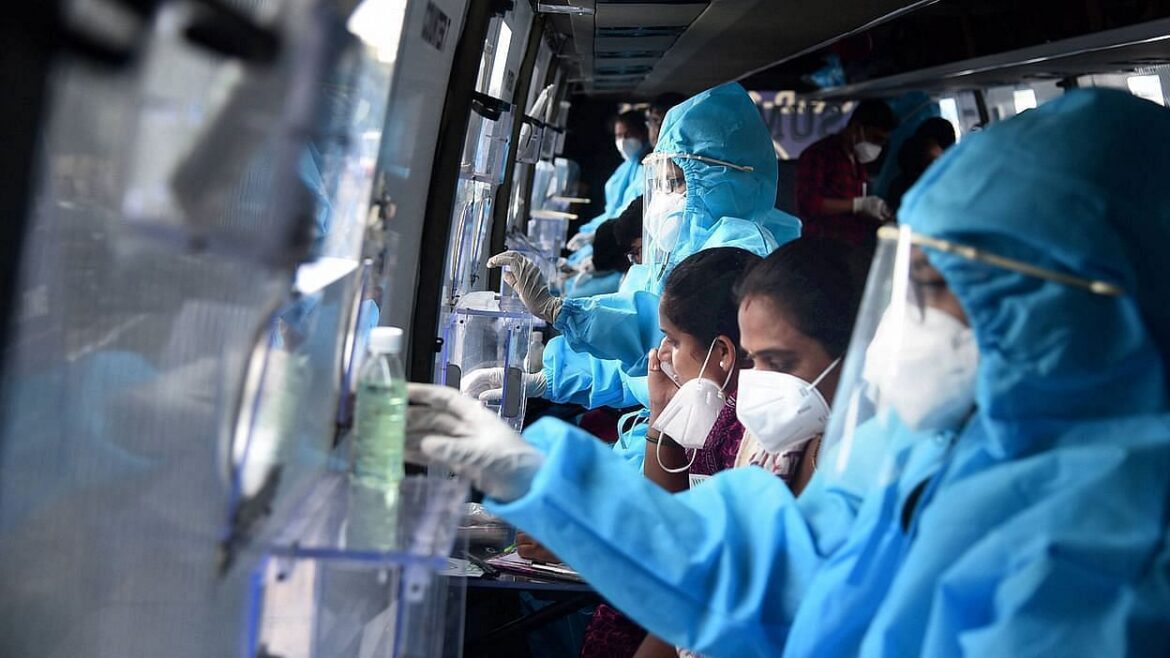Even as an ambiguity of the virulence of new variants Covid-19 Omicron continues, the World Health Organization (WHO) has revealed that it is possible to detect these tensions through several RT-PCR diagnostic tests used throughout the world.
This is contrary to other variants whose presence can be determined only after genetic sequencing. In the case of other variants, the RT-PCR test can only confirm whether the person has an infection or not.
In accordance with general practices, RT-PCR tests are looking for more than one specific identifier in viral genetic materials in the human body. In most countries, two or more identifiers are searched for increasing test efficiency.
In the case of Omicron, the RT-PCR test found one identification (which determines that the person has a Koronavirus infection) but does not find identifiers in a surge protein. Thus, variants can be detected through RT-PCR tests.
However, there is only one problem with the process. Alpha variants also have a similar provided. Therefore, there can be confusion on whether the variant detected in the RT-PCR test is Omicron or Alpha.
Even so, the RT-PCR test can still be used to detect the omicron variant because the prevalence of alpha variants in the Indian population has fallen significantly.
According to medical experts, detection that is easier than this variant will help health officials control its spread.
Meanwhile, who has warned that the Omicron variant has an increased risk of returning and can spread faster than other strains, including Delta. According to South African researchers, this new variant has more than 30 mutations so that it is more transmitting.






